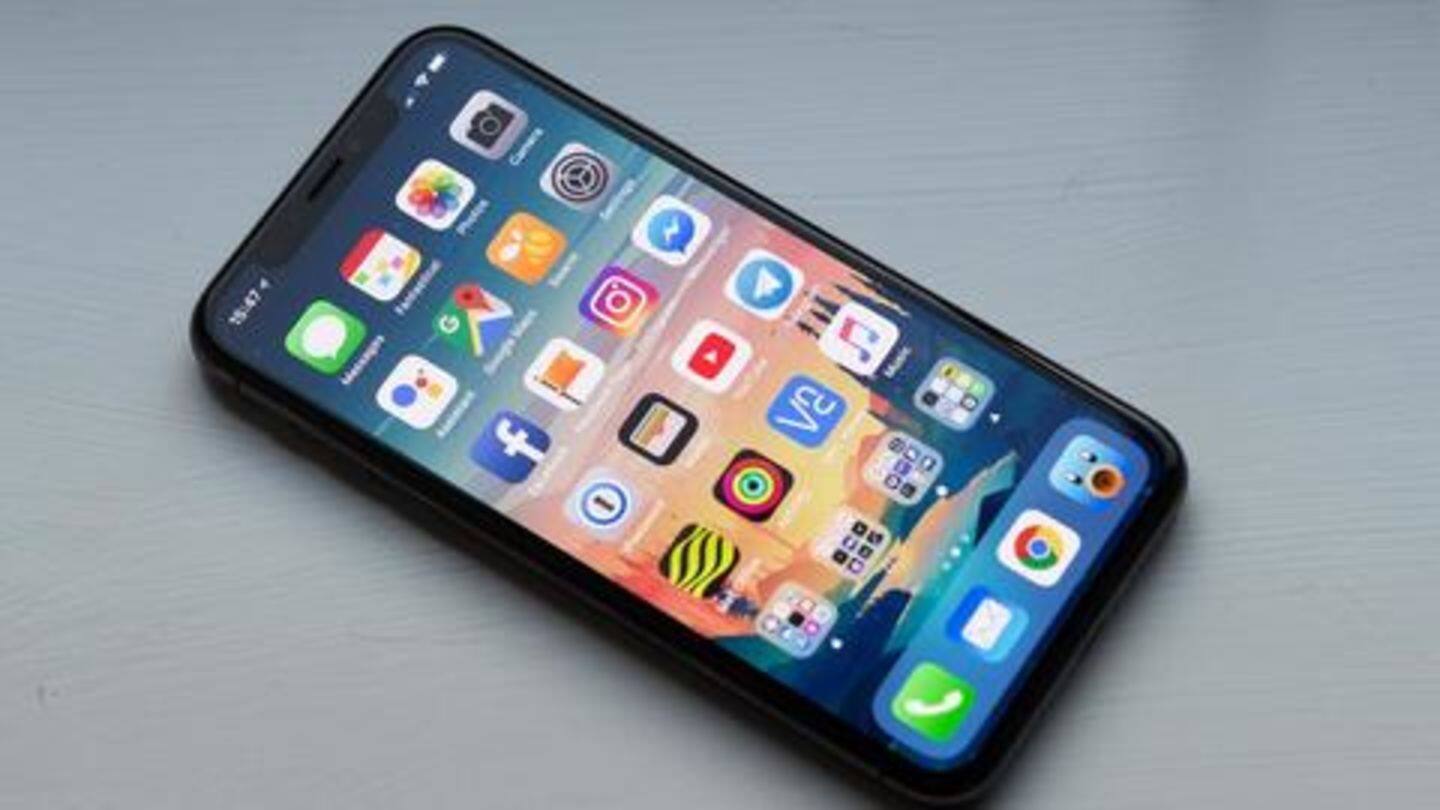
Apparently, hackers use stolen prototypes for breaking into iPhones
What's the story
Apple's production lines are so massive that it's easy to imagine iPhones being smuggled out of there. But now, in an interesting investigation, Motherboard has revealed that many of these devices are prototypes that sell for thousands of dollars in a gray market. Why? Because they help hackers, security researchers crack iPhones and find critical vulnerabilities in them. Here's how all of this happens.
Prototype iPhones
Dev-fused iPhones with 'less hardened' OS
Just like every smartphone maker, Apple also develops a prototype or 'dev-fused' iPhone for testing different technologies, modems, chips. These devices are made for Apple's engineers only and form the base for the final version that lands into the hands of the consumer. However, more importantly, they don't have the same level of security protections that come with a consumer-ready iPhone.
Use
This allows hackers explore ways to break into iPhones
As 'dev-fused' iPhones have most security features disabled, even more than jail-broken units, hackers see them as an opportunity to delve into iPhones' inner workings. They get their hands on these units from underground markets that sell them for thousands of bucks; a single prototype iPhone X sells at $1,800. Then, they gain root access to these units and find a range of hacks/vulnerabilities.
Uses
Then, these hacks can be used in different ways
The hacks and vulnerabilities discovered from a prototype iPhone can be used on consumer-ready units or as a way to highlight issues with Apple's security. According to Motherboard's sources, the Cellbrite machine used by law enforcement to break into iPhones was developed using a dev-fused device. Even Azimuth, another security firm using iPhone hacking tools for different governments, used the same kind of devices.
Information
'Dev-fused' units used to expose issues in Apple's security coprocessor
Notably, Motherboard's sources also claim the researchers who exposed vulnerabilities in Apple's Secure Enclave security coprocessor also used a 'dev-fused' unit. They say it wouldn't have been possible to reverse engineer and see the chip's inner working on a regular encrypted device.
Apple's move
Either way, Apple is working to safeguard prototypes
The Motherboard report claimed that Apple is aware of this issue and is working to prevent units from being smuggled out illegally from Foxconn and other factories. Sources from within the company confirmed these efforts, but didn't divulge the specific methods being used by the company. Hopefully, Apple gets a grip on this issue before new exploits start spreading in the wild.